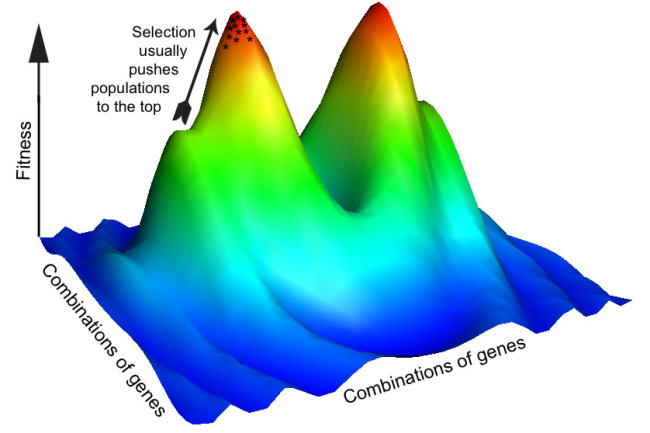
Either you back your branch of adaptive experimentation, or you’ve essentially relegated it to the waste bin of evolutionary history.
Like it or not, those are the constraints.
Hence the fundamentally enervating tendencies of rearview-mirror cynicism.
Like it or not, those are the constraints.
Hence the fundamentally enervating tendencies of rearview-mirror cynicism.
https://twitter.com/pataguccigoon/status/1590446583229075456
I know it’s a crazy thought, but it’s possible to simultaneously learn from behavioral patterns that imposed unnecessary levels of harm without coming to the conclusion that one’s entire lineage was some kind of scam.
• • •
Missing some Tweet in this thread? You can try to
force a refresh





